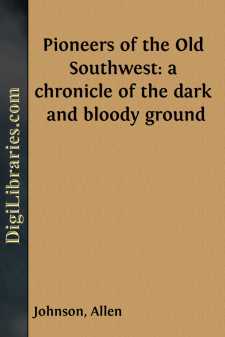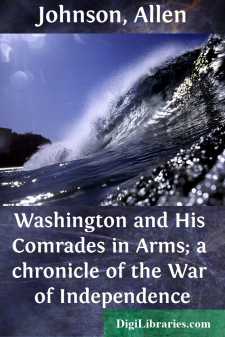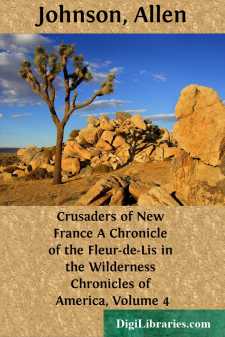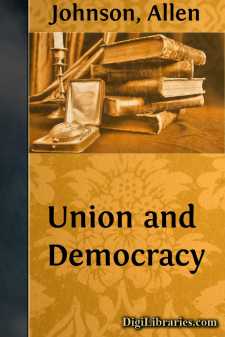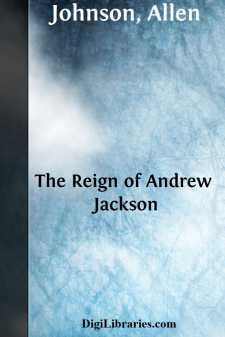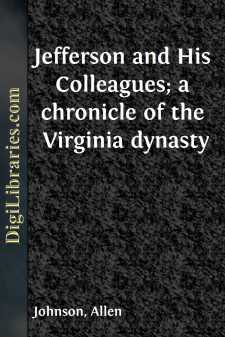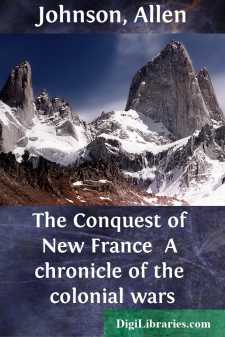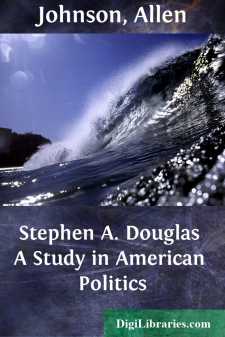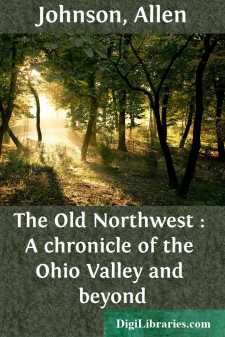Categories
- Antiques & Collectibles 13
- Architecture 36
- Art 48
- Bibles 22
- Biography & Autobiography 813
- Body, Mind & Spirit 138
- Business & Economics 28
- Children's Books 12
- Children's Fiction 9
- Computers 4
- Cooking 94
- Crafts & Hobbies 4
- Drama 346
- Education 46
- Family & Relationships 57
- Fiction 11821
- Games 19
- Gardening 17
- Health & Fitness 34
- History 1377
- House & Home 1
- Humor 147
- Juvenile Fiction 1873
- Juvenile Nonfiction 202
- Language Arts & Disciplines 88
- Law 16
- Literary Collections 686
- Literary Criticism 179
- Mathematics 13
- Medical 41
- Music 40
- Nature 179
- Non-Classifiable 1768
- Performing Arts 7
- Periodicals 1453
- Philosophy 64
- Photography 2
- Poetry 896
- Political Science 203
- Psychology 42
- Reference 154
- Religion 505
- Science 126
- Self-Help 81
- Social Science 81
- Sports & Recreation 34
- Study Aids 3
- Technology & Engineering 59
- Transportation 23
- Travel 463
- True Crime 29
Pioneers of the Old Southwest: a chronicle of the dark and bloody ground
by: Allen Johnson
Categories:
Description:
Excerpt
Chapter I. The Tread Of Pioneers
The Ulster Presbyterians, or "Scotch-Irish," to whom history has ascribed the dominant role among the pioneer folk of the Old Southwest, began their migrations to America in the latter years of the seventeenth century. It is not known with certainty precisely when or where the first immigrants of their race arrived in this country, but soon after 1680 they were to be found in several of the colonies. It was not long, indeed, before they were entering in numbers at the port of Philadelphia and were making Pennsylvania the chief center of their activities in the New World. By 1726 they had established settlements in several counties behind Philadelphia. Ten years later they had begun their great trek southward through the Shenandoah Valley of Virginia and on to the Yadkin Valley of North Carolina. There they met others of their own race—bold men like themselves, hungry after land—who were coming in through Charleston and pushing their way up the rivers from the seacoast to the "Back Country," in search of homes.
These Ulstermen did not come to the New World as novices in the shaping of society; they had already made history. Their ostensible object in America was to obtain land, but, like most external aims, it was secondary to a deeper purpose. What had sent the Ulstermen to America was a passion for a whole freedom. They were lusty men, shrewd and courageous, zealous to the death for an ideal and withal so practical to the moment in business that it soon came to be commonly reported of them that "they kept the Sabbath and everything else they could lay their hands on," though it is but fair to them to add that this phrase is current wherever Scots dwell. They had contested in Parliament and with arms for their own form of worship and for their civil rights. They were already frontiersmen, trained in the hardihood and craft of border warfare through years of guerrilla fighting with the Irish Celts. They had pitted and proved their strength against a wilderness; they had reclaimed the North of Ireland from desolation. For the time, many of them were educated men; under the regulations of the Presbyterian Church every child was taught to read at an early age, since no person could be admitted to the privileges of the Church who did not both understand and approve the Presbyterian constitution and discipline. They were brought up on the Bible and on the writings of their famous pastors, one of whom, as early as 1650, had given utterance to the democratic doctrine that "men are called to the magistracy by the suffrage of the people whom they govern, and for men to assume unto themselves power is mere tyranny and unjust usurpation." In subscribing to this doctrine and in resisting to the hilt all efforts of successive English kings to interfere in the election of their pastors, the Scots of Ulster had already declared for democracy.
It was shortly after James VI of Scotland became James I of England and while the English were founding Jamestown that the Scots had first occupied Ulster; but the true origin of the Ulster Plantation lies further back, in the reign of Henry VIII, in the days of the English Reformation....


